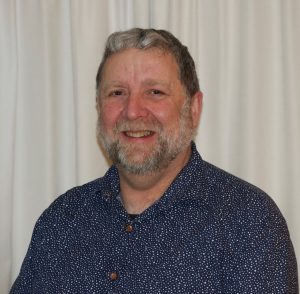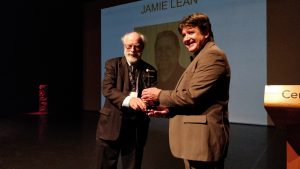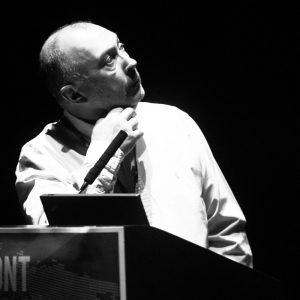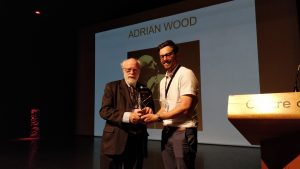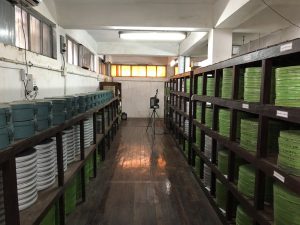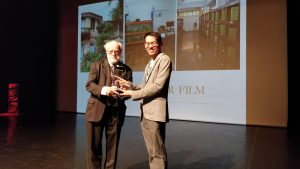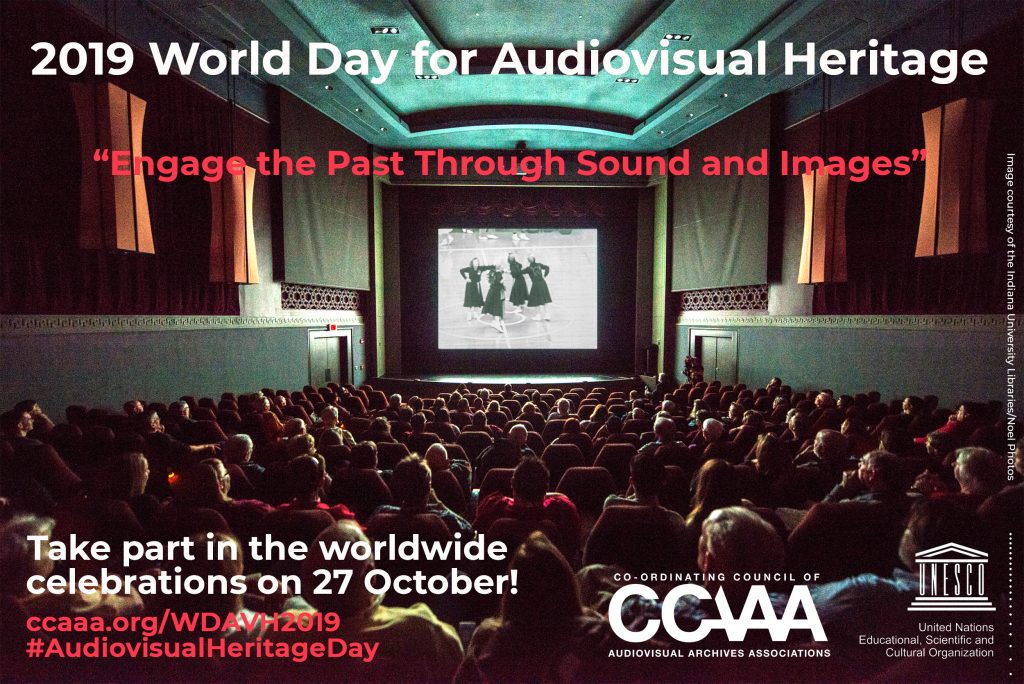Note: The 24th SEAPAVAA Conference, 8 – 12 June 2020, Da Nang, Vietnam is cancelled as per the announcement released by the SEAPAVAA Executive Council and the Vietnam Film Institute on 10 March 2020.
24th SEAPAVAA CONFERENCE
8 – 12 June 2020
Grand Mercure
Da Nang, Vietnam
“AV Archiving in Changing Times: Successes, Failures, and Challenges”
Change, in every aspect of our profession, calls us to fundamentally reflect on our principles and practices. In its various forms, change is both a risk threatening stability and an opportunity that opens up possibilities. From external factors to internal movements, change inevitably shapes archives and archivists and leads to successes, failures, and challenges. Understanding change necessitates then that we account for the old & the new, continuities & discontinuities, and losses & gains.
Given the environmental reality of climate crisis leading to unstable ecosystems, rising sea levels, and increasing natural disasters, how can archives not only adapt to these changes but be part of the solution as well? How do we situate the archives as national and transnational repositories in the face of political instabilities and international conflicts? How do we respond as archivists, to changes in the ways people seek and receive information in the age of digital economy? How do we engage with discussions on truth and authenticity, amidst partisan debates and weakening notions of trust?
Dr. Ray Edmondson pioneer and international leader in the audiovisual archiving field, reminds us in his book Audiovisual Archiving: Philosophy and Principle (3rd edition, 2016, published under UNESCO’s Memory of the World programme) that the history of our field teaches us that that we can always expect that something else will come after. That the onset of change, with its opportunities as well as problems, challenges us to examine our fundamentals. To address the environmental, political, societal, technological and philosophical challenges in our midst, this year’s symposium seeks to hear about the histories of archives and archivists specifically at various pivotal points of change. From successful technological solutions to failed political advocacies, we would like to learn equally from each other’s triumphs and shortcomings. We would like to provide a space for us to reflect on our losses and advances. What worked and what did not work? How was change weathered or embraced? What problems remain unsolved? How do we integrate the old and the new? What comes after next and where do we go from here?
The 24th SEAPAVAA Conference provides a safe space for reflective exchange of trophies and scars as to guide us in addressing issues in our changing times. Topics of interest include but are not limited to the following:
- Case studies of change management (administrative, leadership, political, technological)
- Reflections on archival difficulties and failures
- Organizational and political conflicts in archives
- Success, failures, and limits of technological solutions
- Changes and developments in archival training and education
- Generational tensions and cooperation between archivists
- Environmental impact and adaptation of archives
- Archives in states of precarity
SUBMISSION:
| Deadline of submission of proposals: | 3 February 2020 |
| Notification of accepted proposals: | 21 February 2020 |
| Deadline for confirmation to present: | 6 March 2020 |
| Symposium proper: | 10-11 June 2020 |
- Submit proposal in English via e-mail as an MS Word file to Ms. Michaela Navato[secretariat@seapavaa.net] by 3 February 2020.
- The proposal should include:
- Title of proposal
- Abstract, maximum of 250 words
- Name and Institution (where applicable) of proponent(s)
- The SEAPAVAA Executive Council will review all submitted proposals and will send notifications to accepted proponents by 21 February 2020.
- Accepted proponents must confirm their ability to attend the conference and present by 6 March 2020.
- The travel expenses, accommodation, and subsistence of attending the 24th SEAPAVAA Conference are the full responsibility of the Presenter(s) of accepted proposals. All attendees, including Presenter(s), are required to register and pay the full conference registration fee.
You may contact Ms. Navato [secretariat@seapavaa.net] for any queries.
The 24th SEAPAVAA Conference is hosted by the Vietnam Film Institute. The event promises the definitive warmth and hospitality that SEAPAVAA is known for.
For more information regarding the registration details, programme, workshops, and hotel accommodations, visit http://seapavaaconference.com.
